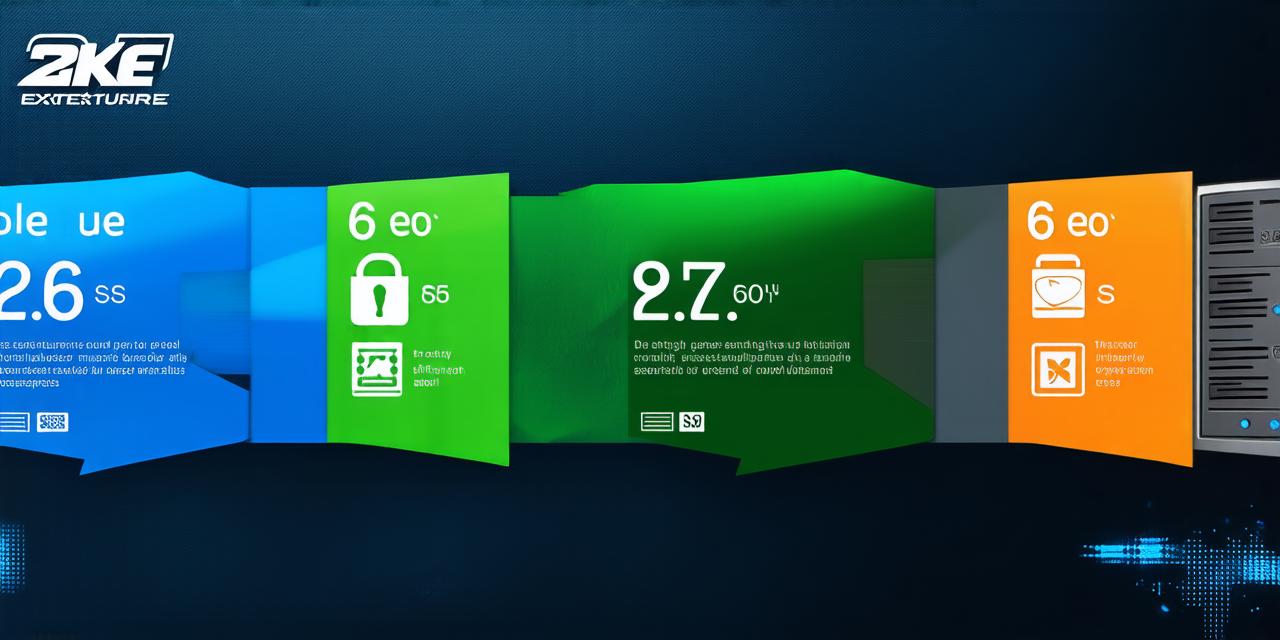Hosting is an essential aspect of web design that allows websites to be accessed by users. It involves the storage and delivery of website files on a server, so that users can access them through their browsers.
In this article, we will explore what hosting is in web design, its importance, types of hosting, and how to choose the right hosting plan for your website.
Importance of Hosting in Web Design
Hosting is an essential component of web design because it provides the infrastructure that allows users to access a website’s files. Without hosting, a website would not be accessible to users.
The following are some of the reasons why hosting is important:
- Speed: Websites that are hosted on fast servers tend to load faster, which improves user experience and search engine rankings. Slow-loading websites can lead to high bounce rates and lower conversion rates.
- Reliability: Hosting providers offer uptime guarantees to ensure that a website is always available to users. Without a reliable hosting provider, a website could be down for extended periods, which can lead to lost revenue and damage to the brand’s reputation.
- Scalability: As a website grows, so does its resource requirements. Hosting providers offer scalable solutions that allow websites to grow without compromising on performance or uptime.
- Security: Hosting providers offer security measures such as firewalls, malware scans, and DDoS protection to protect a website from cyber attacks.
Types of Hosting
There are several types of hosting available, including shared hosting, virtual private server (VPS) hosting, dedicated server hosting, cloud hosting, and managed WordPress hosting. Each type of hosting has its advantages and disadvantages, and the choice depends on the website’s needs.
Shared Hosting
Shared hosting is the most common type of hosting, where multiple websites share the same server resources. It is suitable for small to medium-sized websites with low traffic and resource requirements. The main advantage of shared hosting is its affordability, but the downside is that it can be slow and less secure compared to other types of hosting.
Virtual Private Server (VPS) Hosting
VPS hosting is a virtualized server that offers more resources than shared hosting but is still affordable. It provides better performance and security compared to shared hosting, making it suitable for medium-sized websites with higher traffic and resource requirements.
Dedicated Server Hosting
Dedicated server hosting provides exclusive use of an entire server, which offers unmatched performance and flexibility. It is suitable for large-scale websites with high traffic and resource requirements, but it requires technical expertise to manage.
Cloud Hosting
Cloud hosting is a hosted environment that allows websites to be stored and delivered through a network of servers. It provides scalability, reliability, and security, making it suitable for businesses that require high availability and performance.
Managed WordPress Hosting
Managed WordPress hosting is designed specifically for WordPress websites. It offers optimized performance, automatic updates, backups, and security, making it suitable for WordPress websites of all sizes.
Choosing the Right Hosting Plan
Choosing the right hosting plan is critical to the success of a website. The following are some factors to consider when choosing a hosting provider:
- Website’s Needs: Consider the website’s traffic, resource requirements, and performance needs when choosing a hosting plan. For example, a small website with low traffic may be suitable for shared hosting, while a large-scale website with high traffic may require dedicated server hosting.
- Budget: Hosting providers offer various pricing plans, so it’s essential to consider the budget when choosing a hosting provider. Shared hosting is affordable, but more expensive hosting plans may offer better performance and features.
- Security and Backup: Ensure that the hosting provider offers reliable security measures such as firewalls, malware scans, and DDoS protection. Also, check if they offer automatic backups and disaster recovery solutions to protect against data loss.



